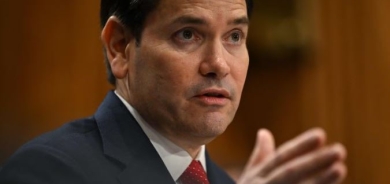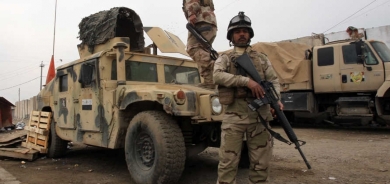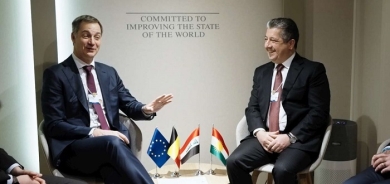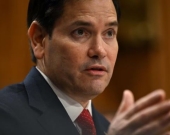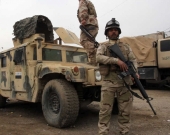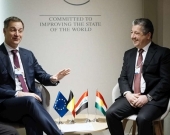Kurds take more Territory in Syria as Government Troops Withdraw

The reason behind the alleged Syrian troop withdrawal is not clear, but leaders of the Kurdish Peoples Protection Units (YPG) said they moved in and took control of many villages before Islamic militants seized the chance.
Nevertheless, YPG forces engaged in intense fighting with Islamic State (IS/ISIS) fighters at the village of Kitish, which they eventually wrested from the rebels. Until Tuesday, the village was used by the militants to launch attacks against YPG positions.
A Rudaw correspondent in Qamishlo said that the YPG have now taken new areas south of Kobane, and that fighting continues there and in other parts of Hassakah.
Wednesday’s developments marked a new turning point for the Kurds of Syrian Kurdistan (Rojava), particularly in Kobane which has been under intense shelling from the IS for several weeks.
The YPG is the armed wing of the Democratic Union Party (PYD), which runs much of Rojava in three autonomous cantons.
The majority of Hassakah’s population is Kurdish and the province shares borders with Iraqi Kurdistan and the Turkey’s Kurdish south. It is Syria’s oil-rich province and agricultural basin.
The YPG said on Wednesday that IS is now fighting with tanks and other heavy weaponry seized from the Iraqi army last month.
Fathullah Husseini, a leader of the Kurdish Leftist Party in Rojava who enjoys close partnership with the YPG, said that for Syrian Kurds this “is a war of life and death.”
He told Rudaw that the forces in Rojava welcome assistance from all Kurdish parties from across the Middle East “to face off this dangerous situation.”
Earlier this month scores of young Kurds from Turkey rushed across the border and joined the YPG as volunteer fighters, forming two new battalions.
Syrian government forces have largely been absent from the Kurdish areas after they withdrew in July 2012 to fight off rebel groups in Aleppo and Homs.
Also on Wednesday, Kurdistan Region President Massoud Barzani spoke of the dire situation in Rojava during a visit to the Peshmerga frontlines in Mosul.
“The same way you defend the Kurdistan Region, I ask you to defend your brothers and sisters in Rojava,” Barzani told a gathering of Peshmergas.
Tahir Svok, head of the Kurdish National Council in Syria, condemned the IS assaults on the Kurdish areas. “Our stance will always remain political,” he told Rudaw.
Rudaw


